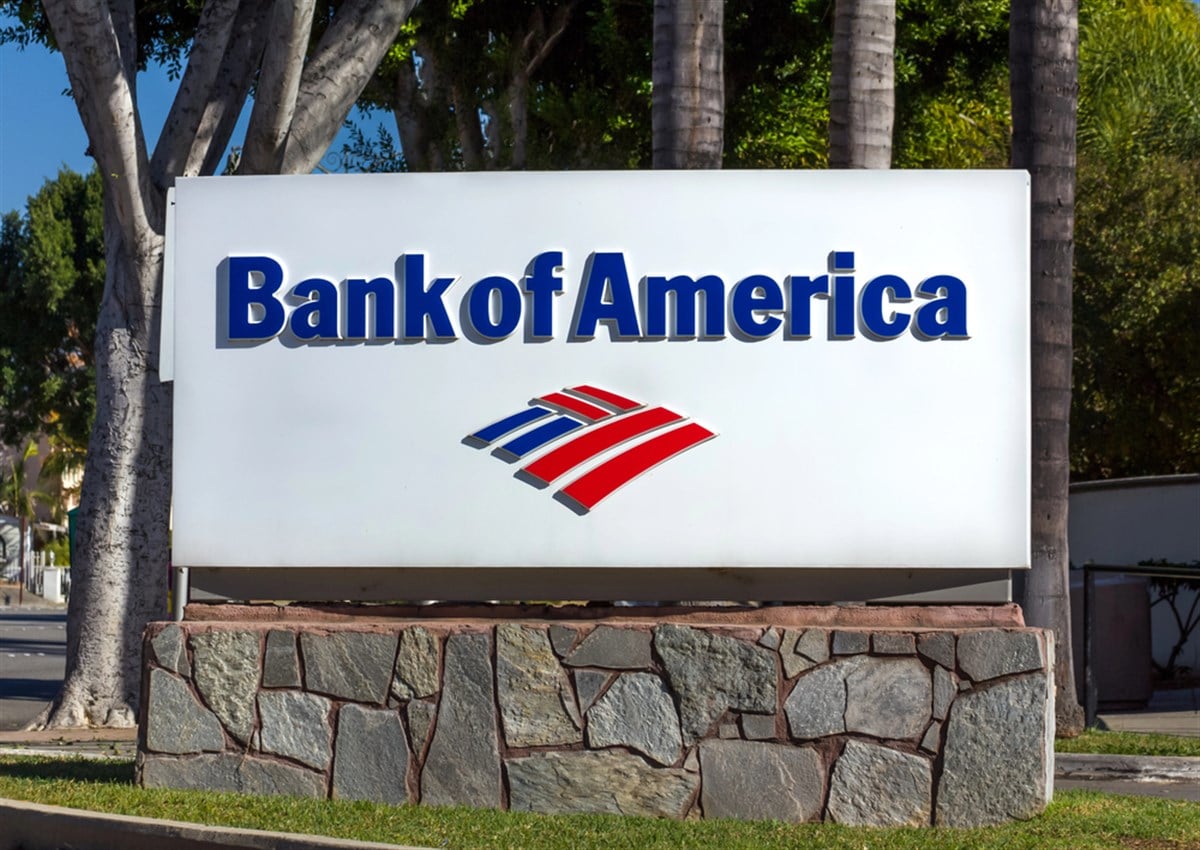
Every once in a while, the Federal Reserve has to step aside from its primary function of keeping markets safe and employment running strong - without too much inflation - to ensure banks are doing okay. What’s called the Fed’s “stress test” ended last week, and despite some concerns about the state of consumer credit, most banks passed with flying colors.
Passing the test means these banks have a new capital requirement to upkeep, set by the Fed after analyzing results. Often, the risk management departments at the banks overshoot the capital required before the test, which means they routinely have excess capital after the fact, which is the case today. So, what is management looking to do with this excess capital?
Bank of America Co. (NYSE: BAC), J.P. Morgan Chase & Co. (NYSE: JPM), and Citigroup Inc. (NYSE: C) have decided to reward their shareholders for sticking by them despite economic concerns. These rewards include a mix of increased dividend payouts, share buybacks, and good ole guidance increases likely to come in the following quarterly announcements.
Bank of America Gets an Upgrade: Here's Why
The bank passed the Fed’s stress test recently and announced a new path forward for its investors. According to management, the bank is now looking to pay a dividend that is 8% higher, sending it to $0.26 a share for the third quarter in dollar terms.
Because Bank of America is one of the banks with the most commercial exposure, meaning it derives much of its revenue and earnings from commercial products like credit cards and mortgages, others on Wall Street felt comfortable boosting the bank’s price target.
Those at Keefe, Bruyette & Woods saw it fit to place a $46 a share price target for Bank of America stock, daring it to rally by as much as 15.3% from where it trades today. By the way, today's price would bring investors close to a new all-time high, reiterating the markets' bullish momentum toward the financial sector.
Why? According to the CME's FedWatch tool, the Fed is also looking to announce interest rate cuts later this year, by September 2024. These potential cuts would bring an additional tailwind for consumer activity, translating into credit card interest income.
Also, mortgage rates could decrease slightly, creating new potential demand for mortgage originations and more interest income for Bank of America. Following these trends, Wall Street forecasts earnings per share (EPS) growth of nearly 10% in Bank of America stock for the next 12 months.
J.P. Morgan's Corporate Branches Hold a Market Premium
Consumers won’t be the only ones to benefit from potential rate cuts; businesses are, too. The stock market tends to become more active when rates go lower, a nice change from today’s low volatility index (VIX). J.P. Morgan has an extensive trading department, which means the bank can bring in more revenue from awakening markets.
After passing the stress test and knowing what could come down the road, management decided to boost the quarterly dividend to $1.25 from $1.15. In addition, up to $30 billion was allocated toward a share repurchase program.
However, because this bank has the most corporate finance exposure on today’s list, markets are willing to pay a premium valuation over peers. On a price-to-sales (P/S) basis, J.P. Morgan commands a 2.3x multiple, a premium of 34% over Bank of America’s 1.7x and 212% over Citigroup’s 0.7x.
Seeing analysts at the UBS Group boost the bank’s valuation to $224 a share makes more sense now, daring it to rally by 10.5% from where it trades today.
Citigroup's Risk Management Fuels Wall Street Growth Forecasts
Out of all the banks that passed the Fed’s test, Citigroup delivered the safest results, and now shareholders will be rewarded for it. Management has announced a $0.56 share dividend and an up-to-date buyback program. While this is not the most significant increase in payouts, there is another—better—way for investors to get the lion’s share of return on this stock.
Wall Street analysts now forecast EPS growth of 22.2% this year for Citigroup stock. Those at Oppenheimer now see a valuation of up to $86 a share for Citigroup, calling for as much as 35% from where the stock trades today.
New evidence may have driven Price T Rowe Associates, Citigroup’s largest shareholder, to boost their stake in the bank by 123.5% as of May 2024. That increase made the asset manager’s investment as big as $2 billion today.
